Revealed: How to stop seagulls from stealing your chips
Seagulls begging for food are the scourge of many a day at the British seaside — and where there is a problem, there is a team of researchers trying to find a solution. And the team at Exeter University looking into the seagull problem have come up with a plan that simply needs steely resolve and an even-steelier-glare.

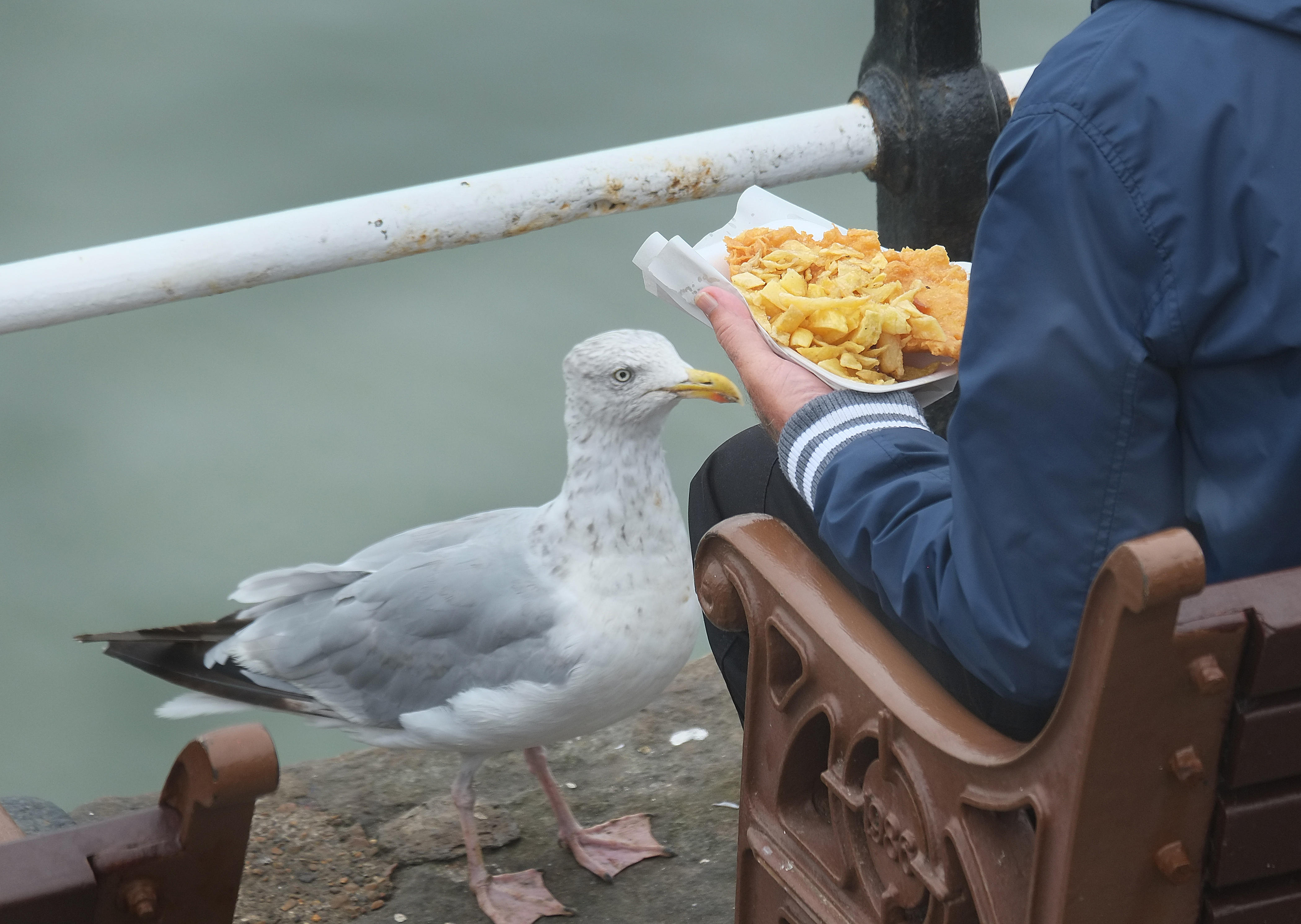
Exquisite houses, the beauty of Nature, and how to get the most from your life, straight to your inbox.
You are now subscribed
Your newsletter sign-up was successful
There is nothing (nothing) more terrifying than a warning caw, the flap of wings and the knowledge that your fish and chips are about to fall victim to an angry seagull.
It seems our feathered friends are getting more and more bold; stories of snatched ice creams have morphed into besieged pubs and snatched dogs. We’re not suggesting anything foolish, but if things continue along this trajectory then it may be prudent to attach lead weights to cats, dogs and even horses before a trip to the coast.
But help is at hand for the fearful beachgoers of Britain. Madeleine Goumas, a postgraduate researcher at Exeter University, travelled to various popular seaside haunts and timed how long it took seagulls to swoop for her chips, using a variety of techniques to stop them from doing so.
The most successful, amazingly, was among the simplest: seagulls were far less likely to pinch her chips when she was staring at them.
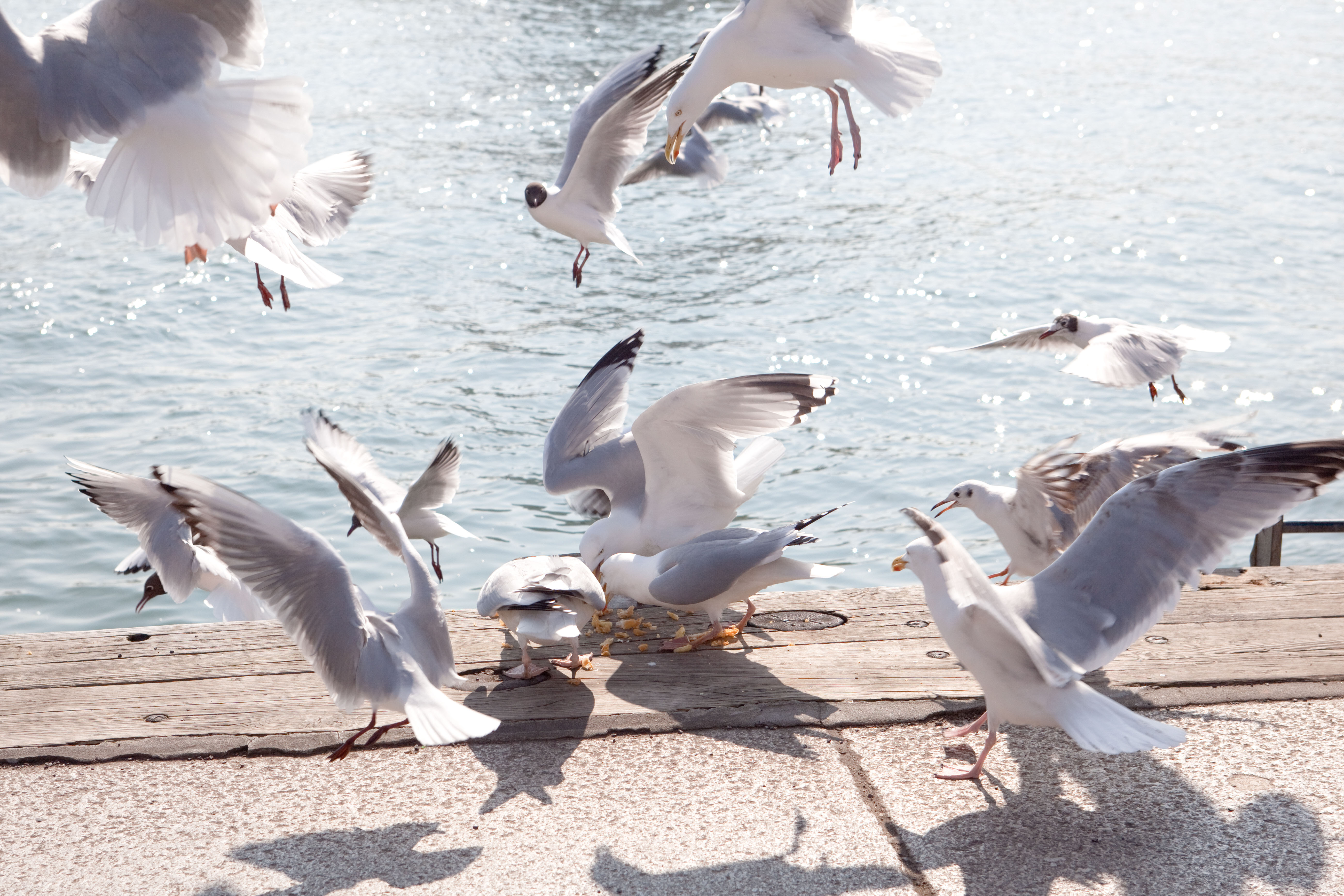
Yes, the solution appears to be that easy. Goumas’ research shows that eye contact can hold a seagull back by typically about 21 seconds – the exact amount of time you need to make a daring escape into the arcade.
Of the 74 birds tested, only 26% were brazen enough to touch the food, and the report focused on the 19 birds who completed the 'looking at' and 'looking away' tests.
‘The effect was clearer with some individuals than others,’ the fast-food vigilante said.
Exquisite houses, the beauty of Nature, and how to get the most from your life, straight to your inbox.
‘For the most part the gulls were wary of me when I was watching them, but there were a few individuals that were quick to approach even when I was looking at them.’
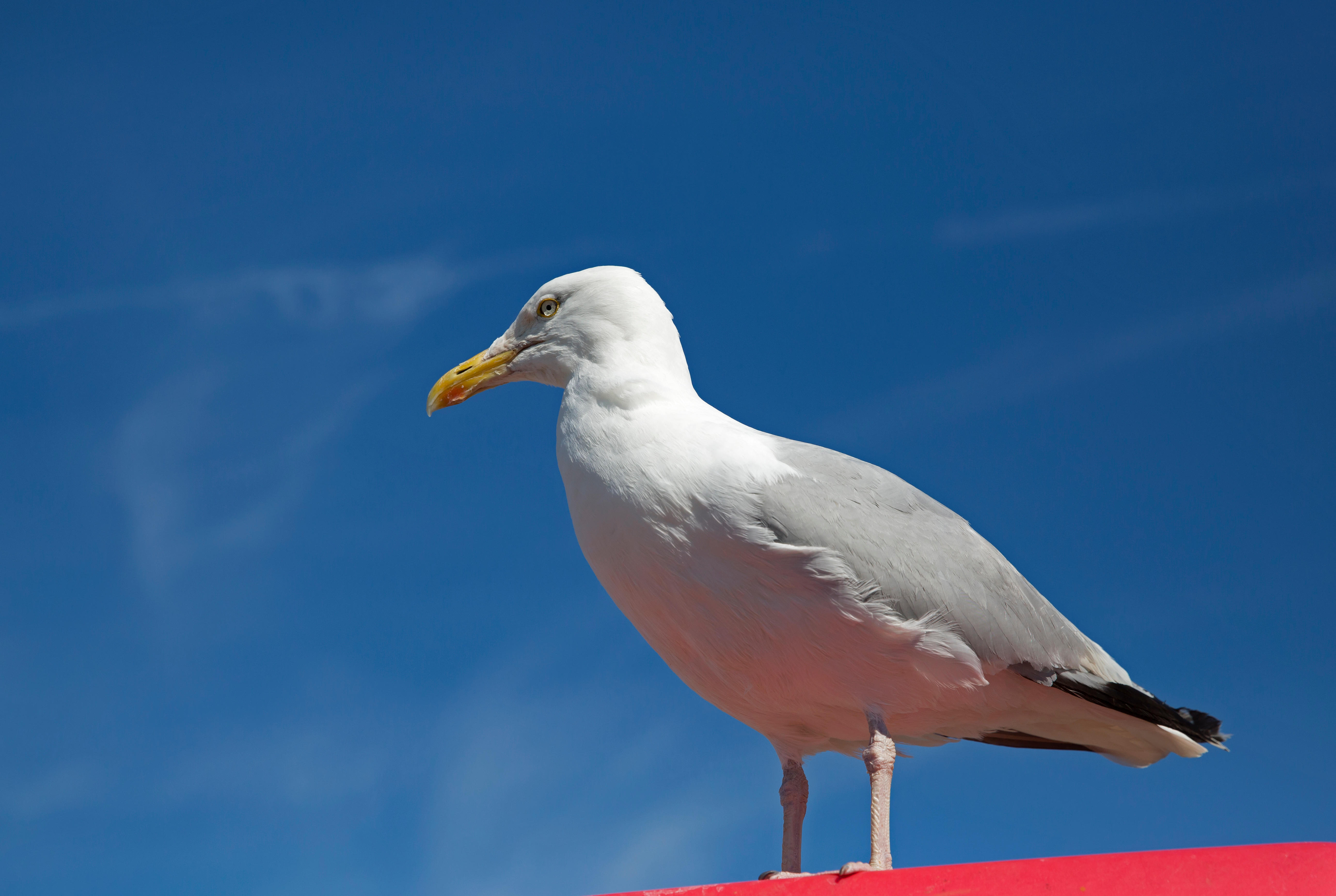
It's handy advice which I could have done with last year, during a sunny weekend in Brighton. A friend wandered out onto the beach with a polystyrene box of fresh fries, idealistic confidence in her face, uttering the immortal words: ‘It’ll be fine. They’re just birds’.
We watched her solider on from the safety of the boardwalk, helpless as one bird (presumably the lookout) watched her go, looked us dead in the face and cried a signal to its brethren which soon saw her disappear into a cloud of feathers and beaks.
She emerged, thankfully. Shaken, but alive. The least said about the chips the better.
I’m not saying that Madeleine Goumas’ research is flawed and I admire her efforts to save the nation's favourite seaside snack. But still, the question remains: is it really worth the risk?
‘It seems that a couple of very bold gulls might ruin the reputation of the rest,’ Goumas cautions, warning people to be vigilant and 'eat against a wall to prevent attacks from behind'.
Or just eat inside. How about that?

Country Life Today: The seagull who flew off with a dog in its beak
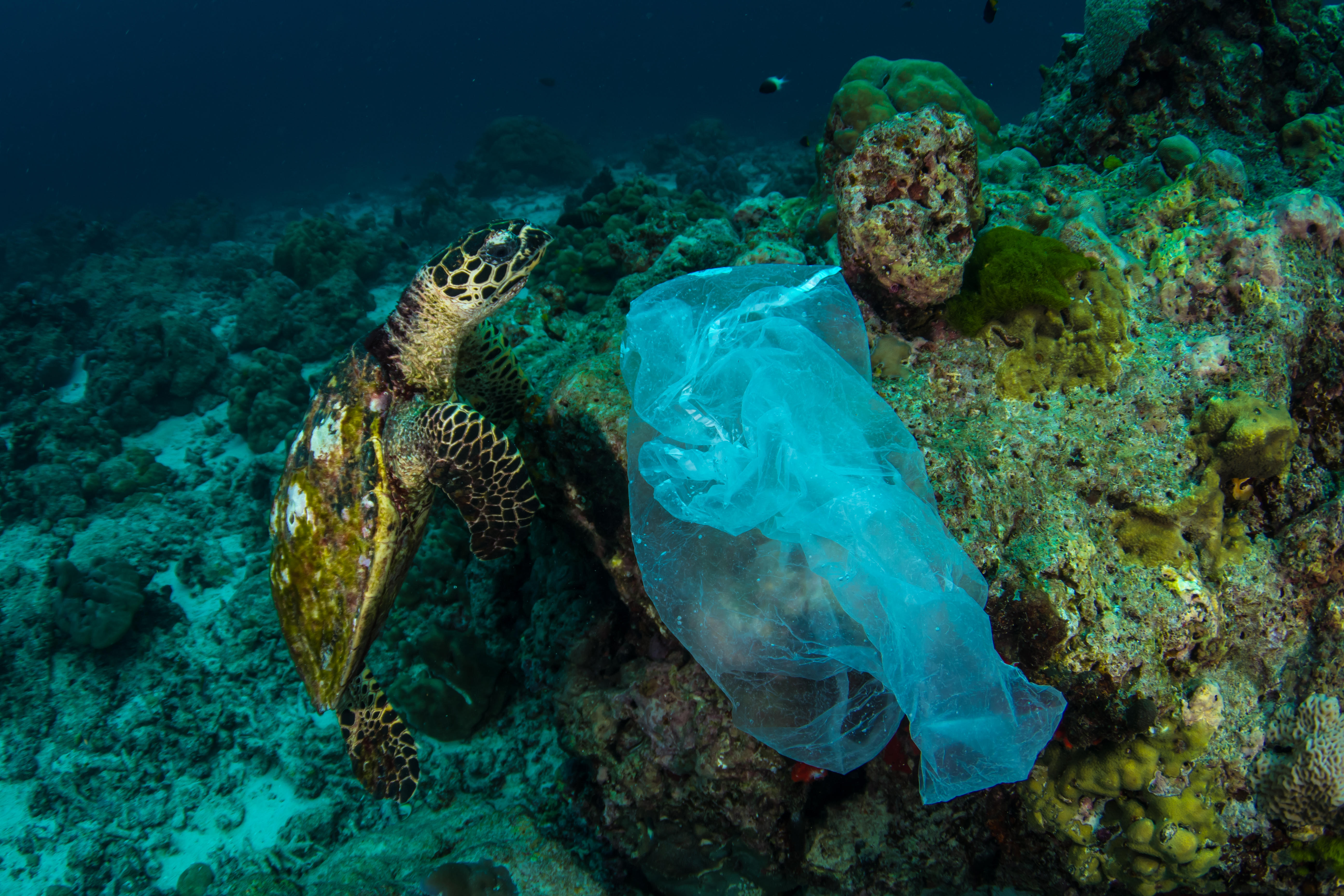
Credit: Alamy
Country Life Today: Plastic bag sales plummet by 90% thanks to Blue Planet effect and seagulls are up to no good in an Exeter pub
Our news round-up features a 90% drop in the sale of plastic bags, Prince Charles's new guide to village life
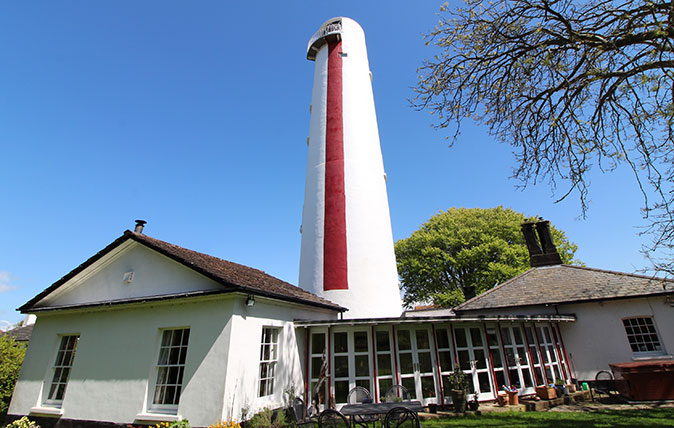
Credit: OTM
A fabulous converted lighthouse for sale at a bargain price, with the ‘best views in Somerset’
An incredibly rare opportunity has come up to buy a lighthouse overlooking one of Somerset's most famously beautiful beaches.
